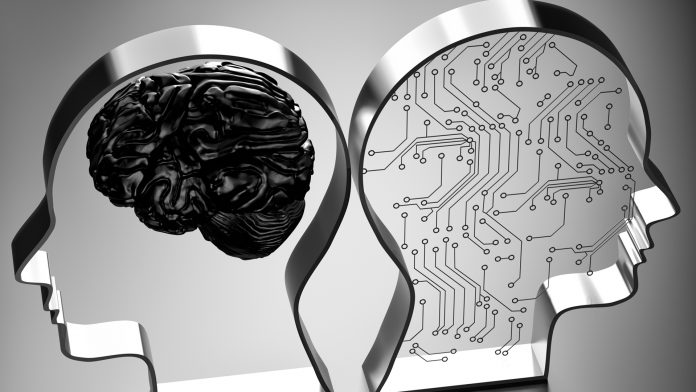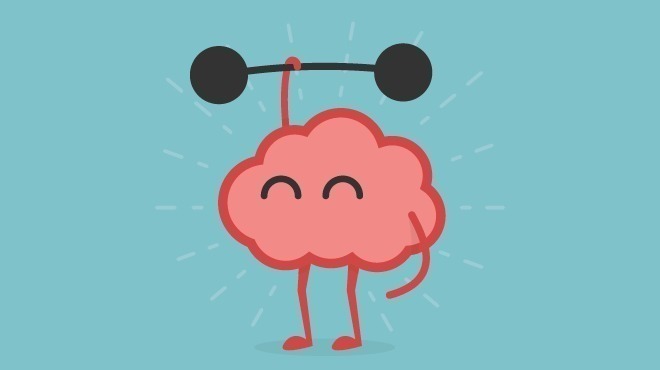Posts Tagged ‘precision psychiatry’
Study shows the power of electroencephalography and machine learning to help predict response to psychotherapy (or lack thereof) in patients with PTSD
A fascinating study just published in Nature Mental Health aimed at helping predict the outcomes of psychotherapy for patients with Post-Traumatic Stress Disorder (PTSD) using Machine Learning (ML) and electroencephalography (EEG) data. PTSD is a mental health condition triggered by experiencing or witnessing a traumatic event; two evidence-based treatments–Prolonged Exposure (PE) and Cognitive Processing Therapy (CPT)–are…
Read MoreOn cognitive-physical training, brain biomarkers, dementia, ketamine, brain teasers, riddles and more
Welcome to the last 2022 edition of SharpBrains e‑newsletter, featuring a few selected brain health news and fun teasers to challenge your brain and help us all think outside the box. #1. “Everyone agrees that Google Glass failed when it came to market, but to me, it’s a symbol of hope … It inspired people to…
Read MorePrecision psychiatry pioneer Alto Neuroscience raises $35M to advance digital biomarker-to-treatment platform
Alto Neuroscience Raises $35M Series B Financing (FinsMes): Alto Neuroscience, a Los Altos, CA-based neuro-tech company which specializes in precision psychiatry, raises $35M Series B Financing … The company intends to use the funds to advance lead candidates into Phase 2b studies in major depressive disorder … Proceeds from the financing will also be used…
Read More

